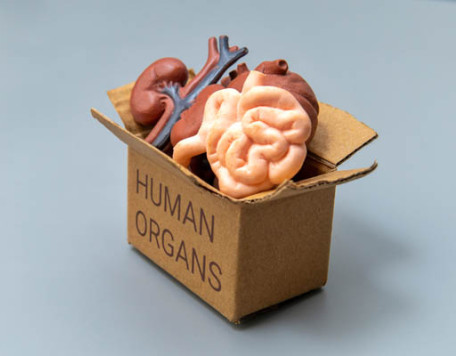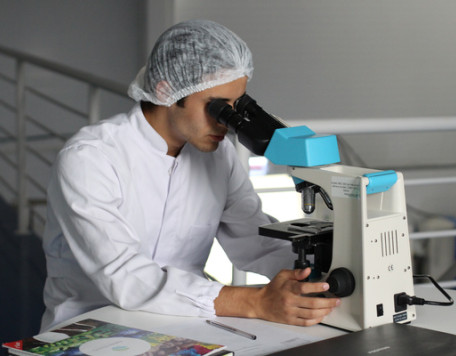© Pint of Science, 2025. All rights reserved.
Join us on 25th May and hear about sleep regulation, seasonal eating patterns and how our perception of taste can be a marker for different diseases. On the night, you will have the opportunity to look at real brain specimens and test your taste buds in our taste perception experiment. All ages welcome.
SLEEP
Sleep dominates our lives, and is intimately tied up with mental and physical well-being. We worry about it constantly, but how much sleep do we really need? Are we getting enough of it? Is modern society suffering from ‘sleep debt’? Do we grow in our sleep, and what happens when we go without it ? It may not remove wrinkles, but it does make us ‘human’. Fascinating as dreaming (REM) sleep is, it may not be ‘true’ sleep, but a ‘screen saver’ for a bored brain – the “cinema of the mind”.
Taste perception: how you feel affects what you taste
Taste is an important chemical sense that has evolved to aid in the avoidance of poisons or irritants, and the consumption of essential nutrients. It is now becoming recognised that human taste is disturbed under many normal, such as in ageing, and clinical conditions, like in cancer, following drug treatment, and in neurological conditions, and in depression and anxiety. Our research is concentrating on whether taste can be used as a biomarker for disease processes - how is taste modulated in disease conditions, and can that tell us something about the underpinning disease process?
Controlling our appetite
Almost daily we hear about the rising incidence of obesity and the associated risks to our health. The underlying problem is modern lifestyles: we consume more calories (energy) than we can use, so store the excess as fat. Our doctors tell us to improve our diets and to exercise more, but this advice is unrealistic for most people. Why are no medications available to reduce our appetite, so help us to eat less and lose weight? I will discuss the problems of recent medications that could promote weight loss, and how research is helping us understand better how our brain regulates appetite.
Map data © OpenStreetMap contributors.
Other Canal House events
2025-05-21
CTRL + P: Printing the Future
Canal House
48-52 Canal St, Nottingham, NG1 7EH, United Kingdom
2025-05-20
Sex, Blood and Sausage Rolls
Canal House
48-52 Canal St, Nottingham, NG1 7EH, United Kingdom




